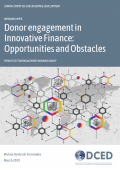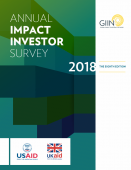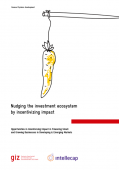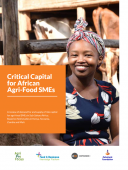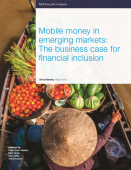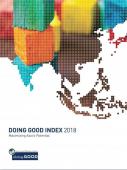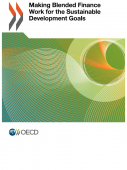IB Choice
iB Choice est une bibliothèque de publications thématiques soigneusement sélectionnées par des experts de l’entreprise inclusive. Cette collection complète la base de données de publications en aidant les utilisateur·rice·s à se retrouver dans les nombreuses publications disponibles. Chaque publication mise en avant dans cette collection offre des recommandations essentielles ainsi que des informations sur la pertinence des documents pour les entreprises inclusives. Les utilisateur·rice·s peuvent faire des recherches par thème, région ou pays, ce qui leur permet de trouver des informations ciblées et précises en fonction de leurs besoins et intérêts.
Attention: Quand vous ouvrez une entrée anglaise, la site reverte à la version anglaise.


